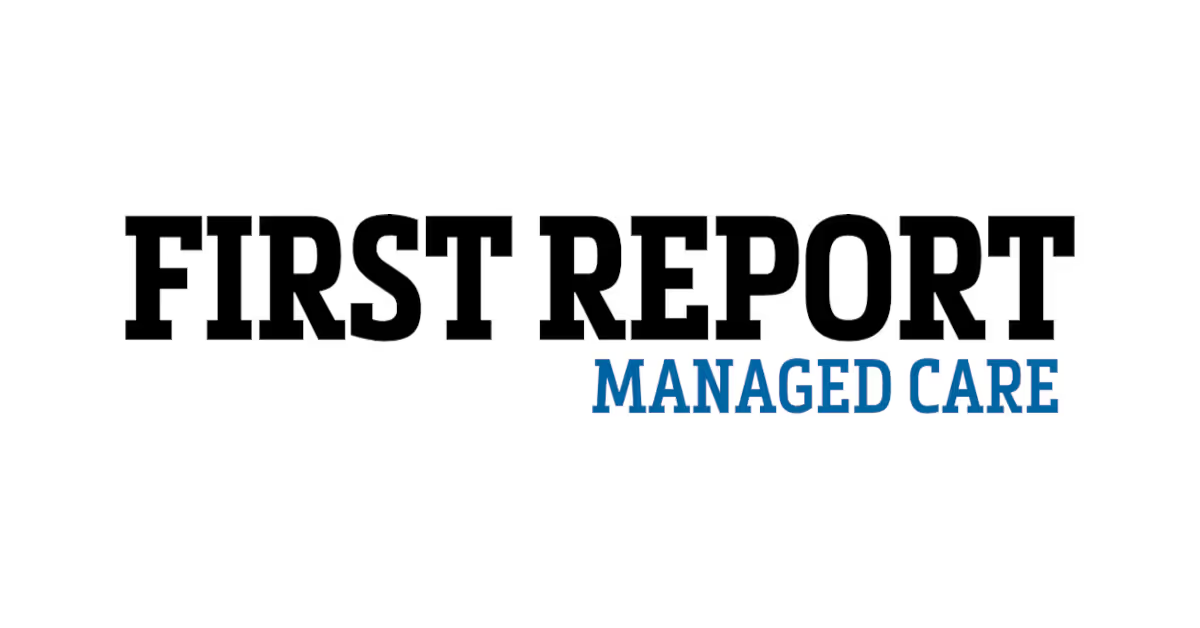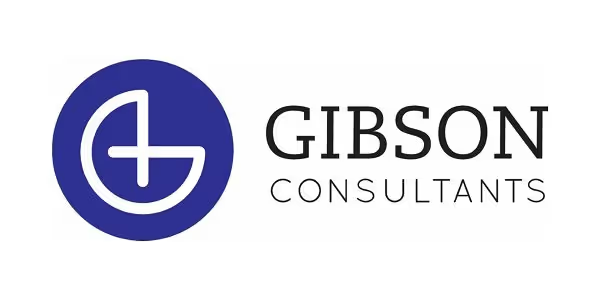Improving patient outcomes with intelligent prior authorization
Published:
February 1, 2025

Within healthcare, the prior authorization process has long been seen as an important yet contentious aspect of care delivery. While effective for ensuring treatments align with evidence-based protocols and also controlling costs, prior authorization also leads to unintended consequences. This process has morphed into a burdensome and time-consuming administrative hurdle for physicians and a barrier to timely and necessary care for patients. Instead of enhancing care, outdated paper-based methods can delay treatments, increase administrative burden, and contribute to physician burnout.
For many physicians, the frustration of navigating prior authorization is a daily struggle, jeopardizing patient outcomes and straining an already overextended healthcare system. Physicians and their staff are overwhelmed by the time-consuming process: on average, a practice completes 43 prior authorization requests per physician, per week, and this hefty administrative burden often requires staff who work exclusively on prior authorization. Such delays can hinder patients’ access to care and impact their clinical outcomes. As these challenges intensify, the industry is seeking innovative solutions to transform this outdated process and restore physicians’ focus on patient care.
The not-so-hidden cost of prior authorization
A startling 93% of physicians report regular burnout, with nearly half considering leaving the field. Overwhelming administrative burdens, staffing shortages, and evolving patient experience expectations are fueling this burnout epidemic, leaving healthcare systems and patients with the aftershocks of more limited care options and a care system in need of change.
The human cost of prior authorization cannot be ignored. Delays in care approvals can have severe consequences for a patient’s health and well-being. Whether it’s necessary care or essential medication, any delay can lead to a decline in a patient’s condition. Chronic illnesses, in particular, require prompt and consistent treatment. Waiting days or weeks for approval can transform manageable conditions into severe, costly health crises.
According to the American Medical Association (AMA) survey, 88% of physicians reported that prior authorization compromised the continuity of care, and 59% said it sometimes or often destabilized patients whose conditions had been previously stabilized with particular treatment plans. This constant tension between administrative demands and patients’ needs further contributes to physician burnout. Reducing this burden is not just a matter of improving workflow efficiency—it’s about improving patient care outcomes and ensuring physicians can focus on their most important role: caring for their patients.
Written by

Traci
Granston M.D.
Dr. Granston serves as the Senior Vice President and Senior Medical Director of Clinical Strategy for Musculoskeletal at Cohere Health. She is an orthopedic surgeon based in Washington who specializes in hand surgery and practiced at Proliance Orthopedic Surgeons for 22 years. She attended medical school at Vanderbilt University. She completed her residency in Orthopedic Surgery at Case Western Reserve University School of Medicine and a Hand and Microvascular Fellowship at University of Washington School of Medicine. Dr. Granston earned her executive M.B.A. from the University of Washington Foster School of Business. She is currently a fellow of AAOS, and also serves on a cabinet at Vanderbilt University School of Medicine dedicated to raising capital for students who may struggle with affording tuition.
Stay ahead with expert insights on transforming utilization management and payment integrity—delivered straight to your inbox.



